by Alvin Toffler
Published in 1970, Future Shock examines how the rapid acceleration of technological and cultural change overwhelms individuals and societies. Toffler argues that this constant upheaval disrupts personal stability, weakens social structures, and causes widespread anxiety. He introduces key concepts—future shock, transience, information overload, and overchoice—to explain why people struggle to adapt to a world evolving faster than ever. Most importantly, he offers practical strategies for building resilience and navigating an unpredictable future.
About the Author
Alvin Toffler (1928–2016) was an American futurist and social theorist known for his groundbreaking insights into the impact of rapid technological change. His influential books include Future Shock, The Third Wave, and Powershift.
Why Future Shock Matters
In 1970, Alvin Toffler provided a framework to understand our fast-changing world. His core insight? When change happens too quickly, people experience psychological vertigo. This isn’t just a theory—it’s something we feel daily. A software update disrupts a familiar workflow. New technologies outpace our ability to learn them. The modern world is accelerating, and many of us struggle to keep up.
Toffler’s key ideas remain deeply relevant:
Future Shock: The stress caused by overwhelming change.
Transience: The increasing impermanence of jobs, relationships, and lifestyles.
Information Overload: The mental exhaustion of processing too much data.
Overchoice: The paradox of anxiety caused by having too many options.
Understanding these forces helps us make sense of our current reality—and prepare for the future.
The Acceleration of Change
The world is not just changing—it’s changing faster than ever. Compare history’s pace:
An ancient Greek transported 1,500 years forward to the Middle Ages would recognize key aspects of daily life.
A medieval person transported to today’s world would be utterly disoriented.
From the slow rural-to-urban transition to the rapid explosion of digital technology, change is accelerating exponentially. Entire industries transform within decades. A worker masters a tool only to see it replaced months later. Parents struggle to understand the social platforms their children navigate effortlessly. In every aspect of life, the future arrives faster than we can process.
The Age of Transience
Nothing seems permanent anymore. Transience—the rise of temporary experiences—reshapes everything:
Objects: Products are disposable, software becomes obsolete, and even buildings are designed for short-term use.
Places: People relocate frequently, remote work blurs geographical ties, and communities grow fragmented.
Relationships: Professional teams form and dissolve quickly, friendships fluctuate based on proximity and digital interactions.
While this flexibility offers new opportunities, it also fuels instability. Without long-term anchors, people feel adrift in a world of constant flux.
A Strange New World
Beyond rapid change, the future also brings unfamiliar realities. Advances once thought impossible—organ transplants, AI-driven decision-making, artificial wombs—force society to rethink core assumptions.
We often assume the future will be a more advanced version of the present, but truly novel breakthroughs challenge our fundamental beliefs. Toffler warns that tomorrow’s biggest disruptions won’t just demand adaptation—they will require us to redefine what it means to be human.
Choice Overload: The Paradox of Too Many Options
Modern life offers too much choice.
The early industrial era standardized products (identical Coca-Cola bottles, uniform gas stations).
Today, hyper-customization has led to an overwhelming number of decisions in every aspect of life—work, shopping, relationships, identity.
While choice provides freedom, it also breeds anxiety. When everything is an option, the pressure to choose "correctly" becomes paralyzing.
The Limits of Adaptability
Humans are incredibly adaptable—but not infinitely so. Research shows that too much change in a short period harms physical and mental health.
High-stress events (moving, job changes, personal loss) accumulate and impact well-being.
Military studies reveal how excessive environmental shifts cause decision fatigue and emotional instability.
The rise of deniers (resisting all change), specialists (clinging to narrow expertise), and reversionists (retreating into outdated mindsets) highlights our struggle to cope.
Understanding these limits is crucial. We must acknowledge that while change is inevitable, unchecked acceleration can exceed our ability to adapt.
How to Future-Proof Yourself
Thriving in a fast-changing world requires strategic adaptation:
Create Stability Zones: Maintain consistent routines, long-term relationships, and familiar habits to ground yourself.
Practice Selective Ignorance: Not every change deserves your attention. Choose what to focus on.
Adopt Modular Learning: Master transferable skills rather than constantly chasing the latest trend.
Build Future-Sensing Networks: Stay connected to diverse perspectives to anticipate shifts before they happen.
Embrace Incremental Adaptation: Change isn’t an event—it’s a continuous process. Regular small adjustments are more sustainable than drastic reinventions.
By following these principles, individuals can remain flexible and resilient—without becoming overwhelmed.
Final Takeaway
Alvin Toffler’s Future Shock warns that accelerating change can lead to psychological and societal instability. While humans are adaptable, we have limits. To thrive, we must develop strategies for managing uncertainty—creating stability, filtering distractions, and embracing change at a sustainable pace.
By doing so, we can navigate the future with confidence instead of fear.



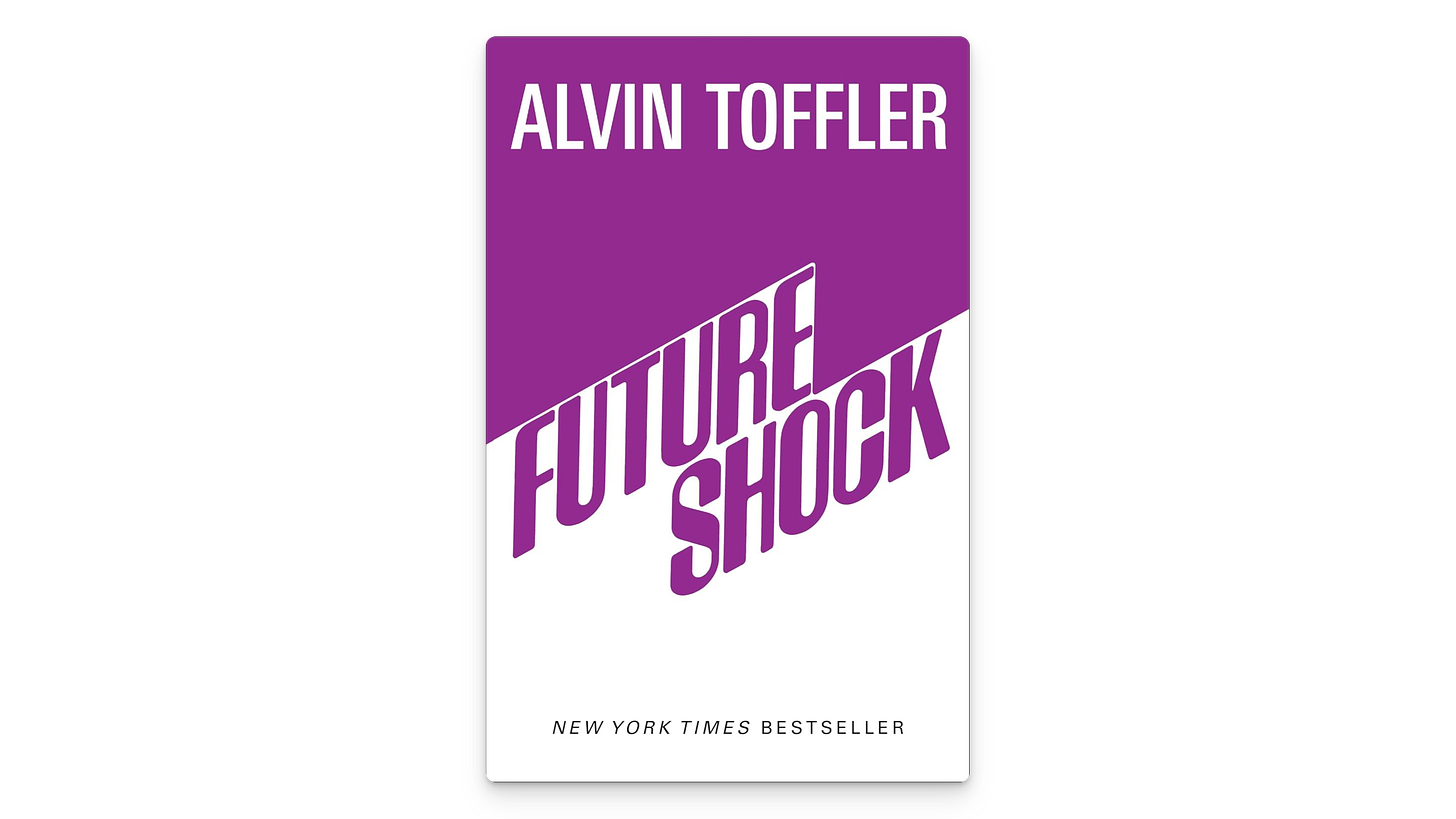
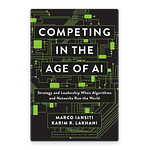
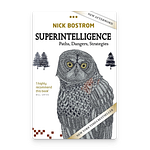
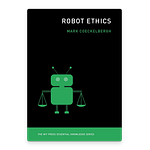
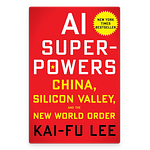




Share this post